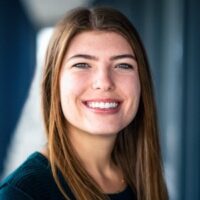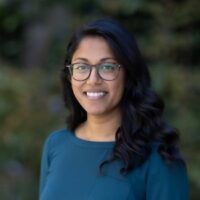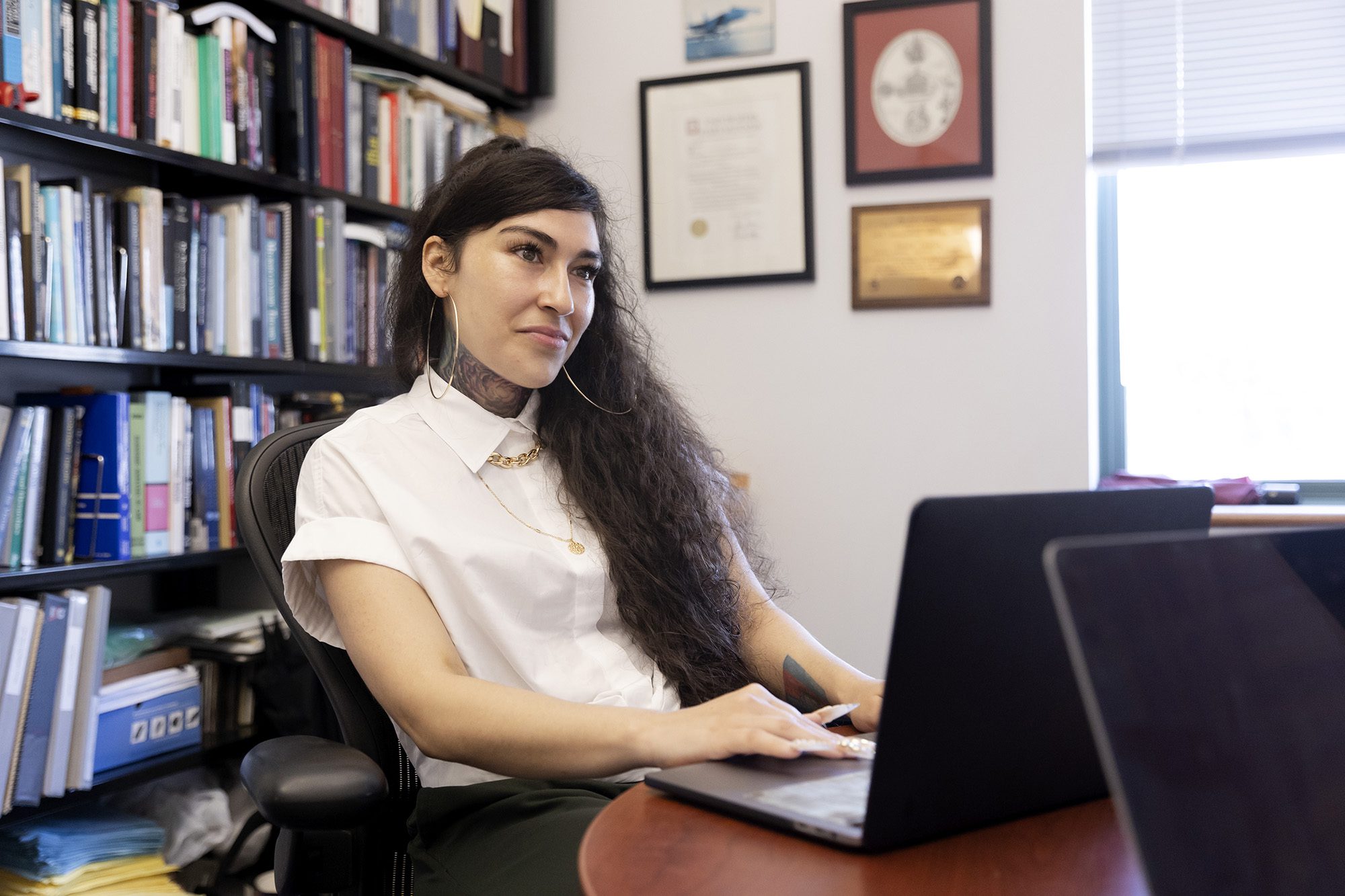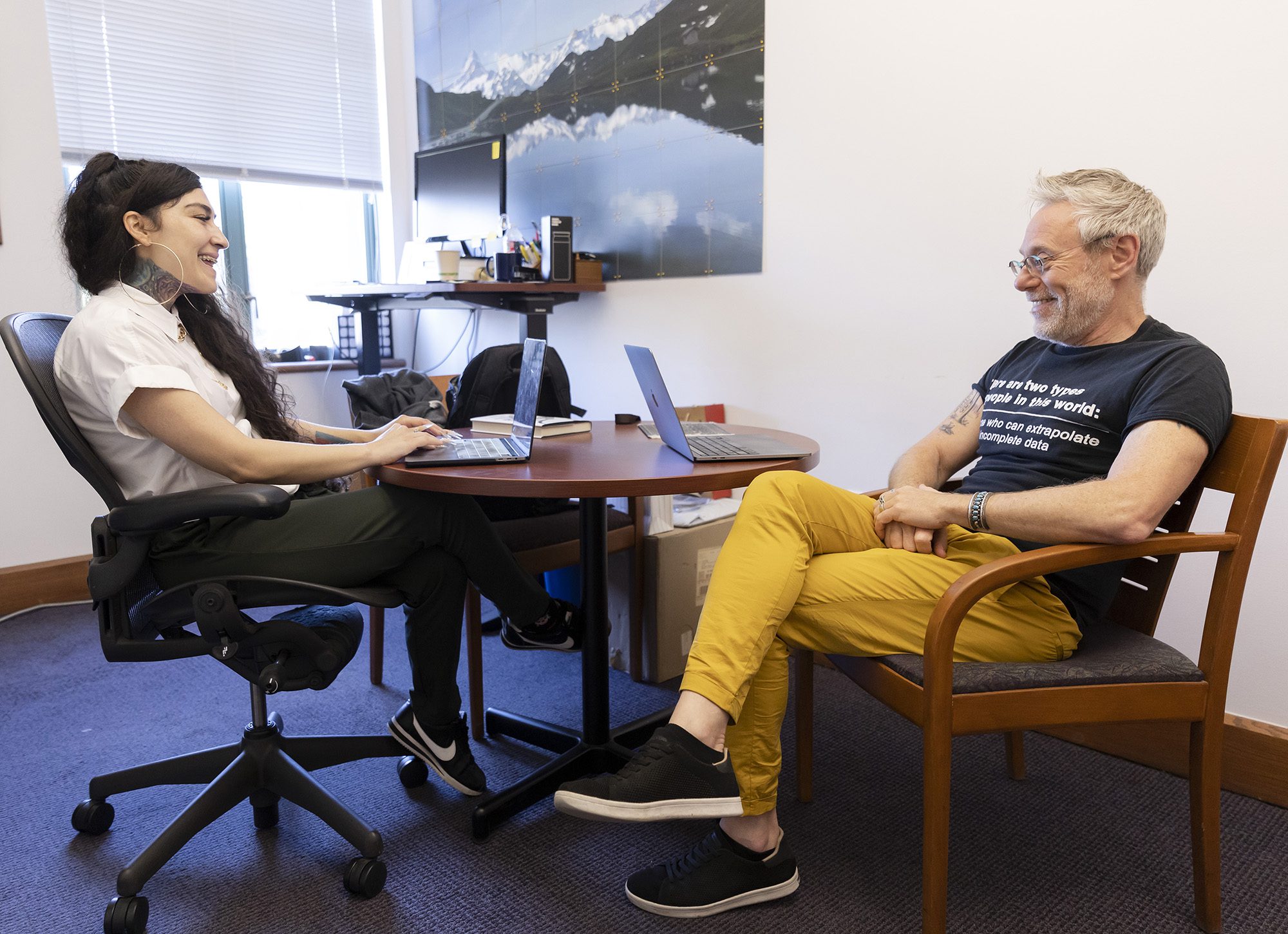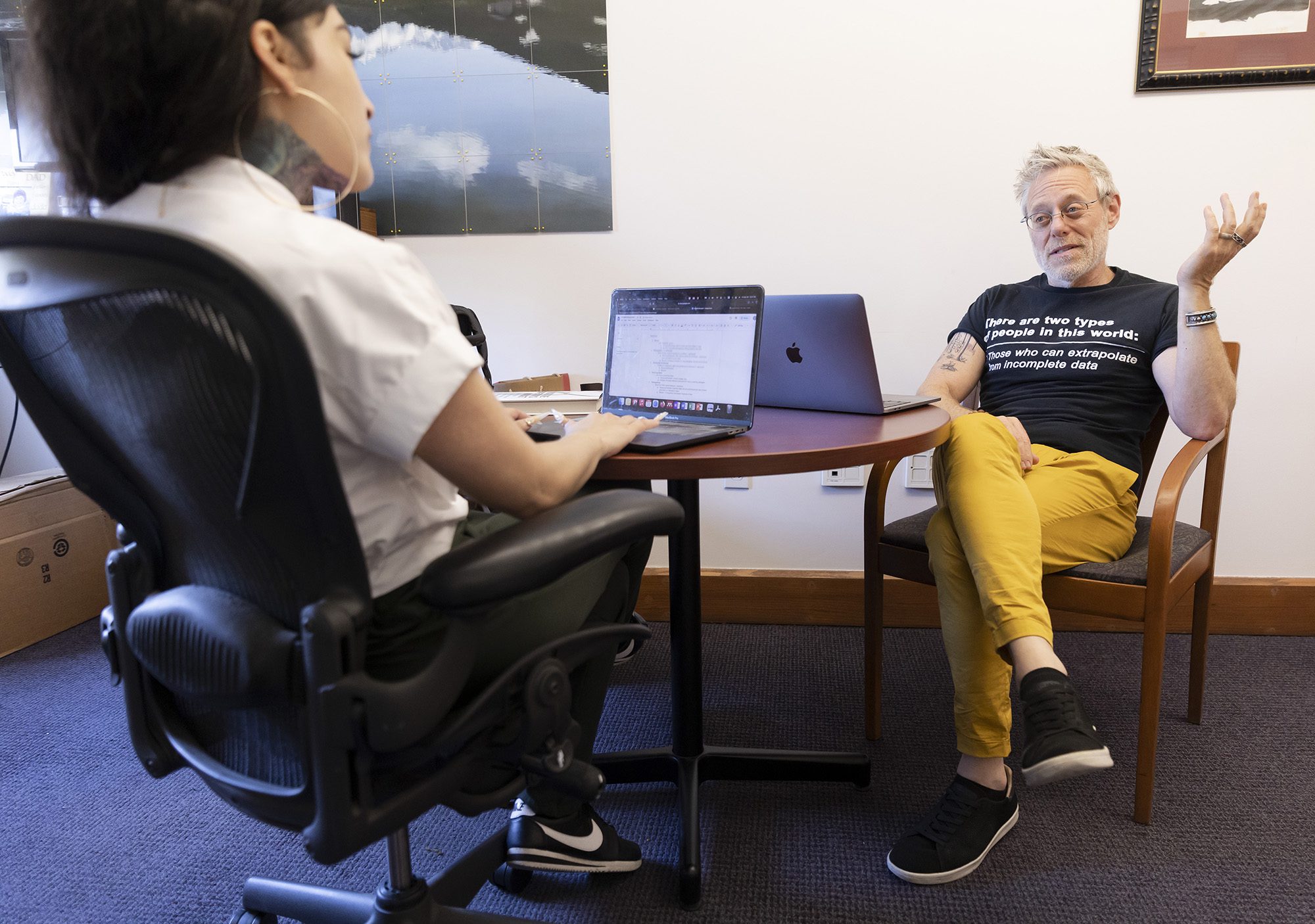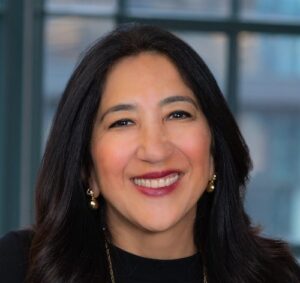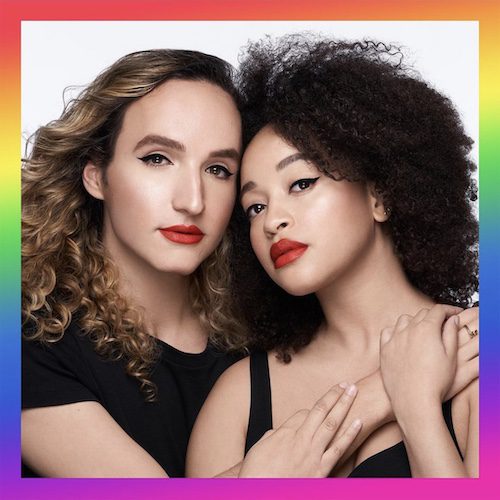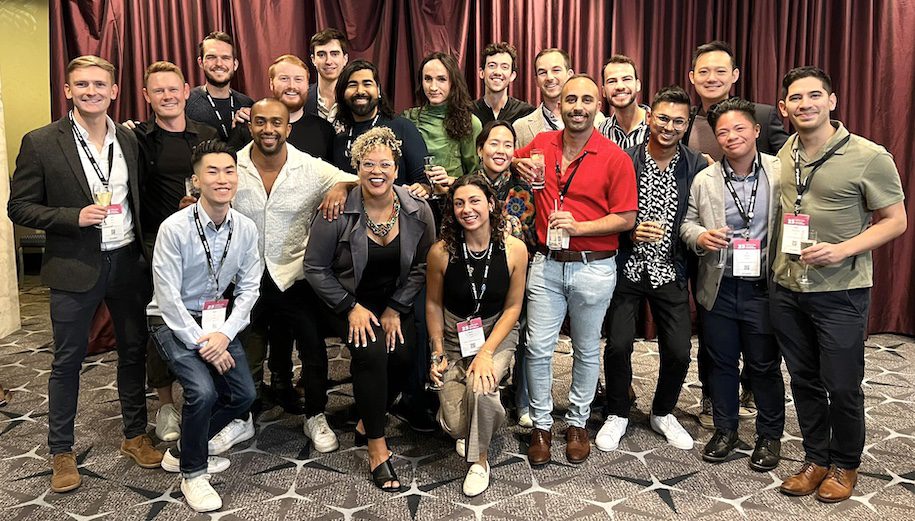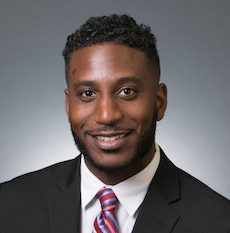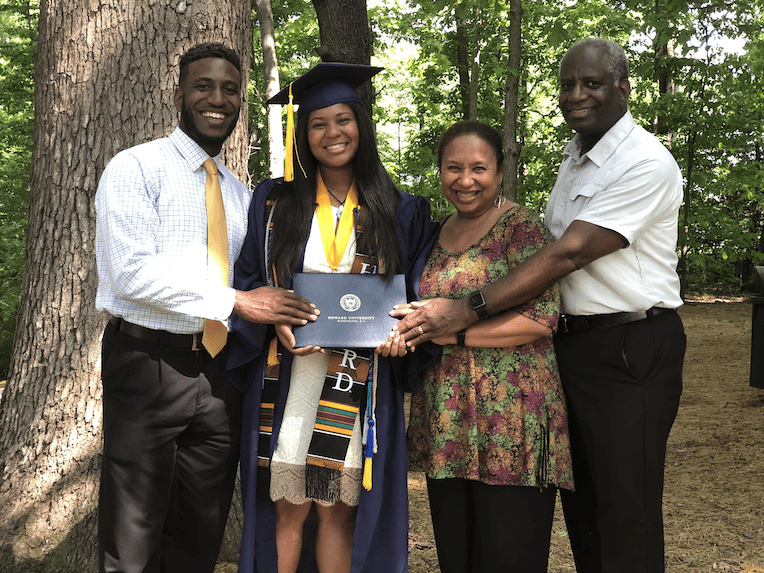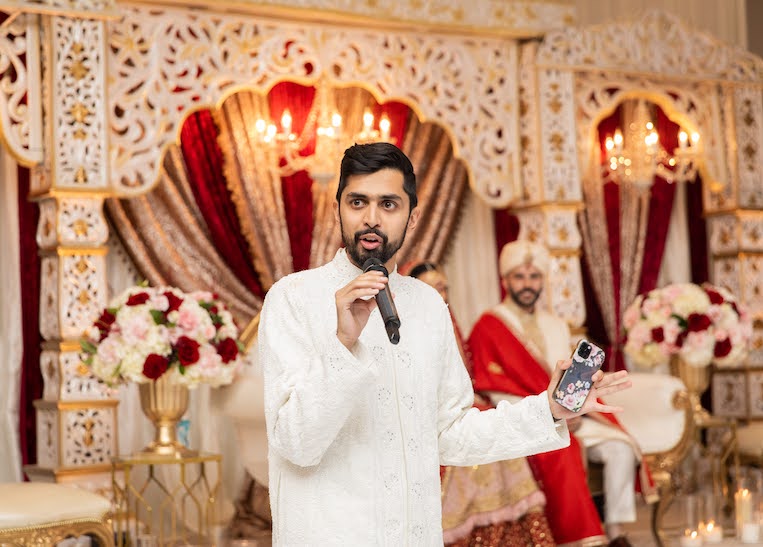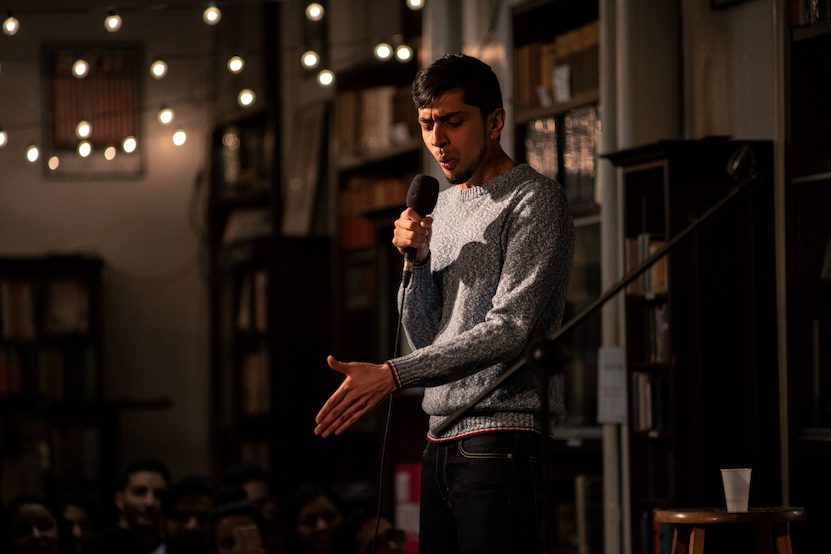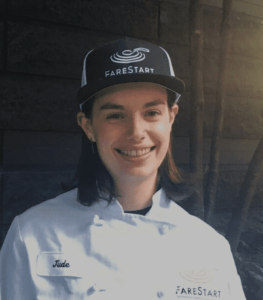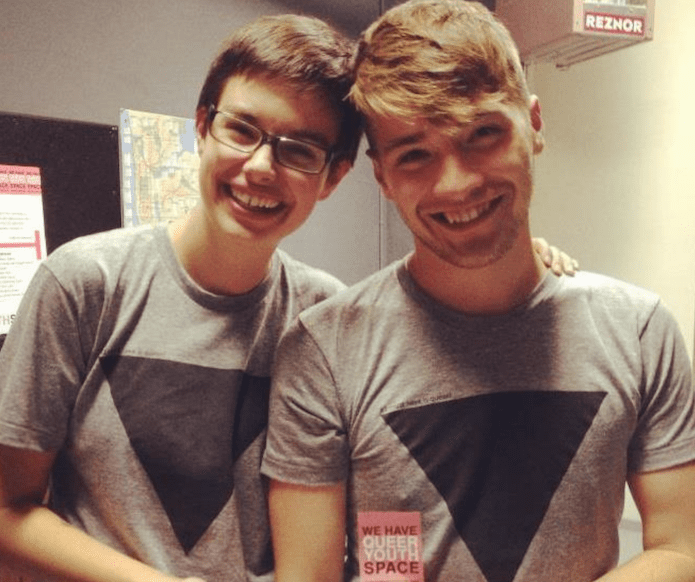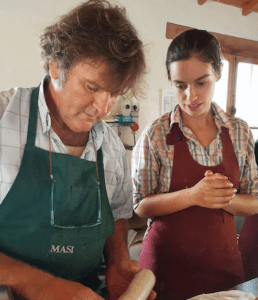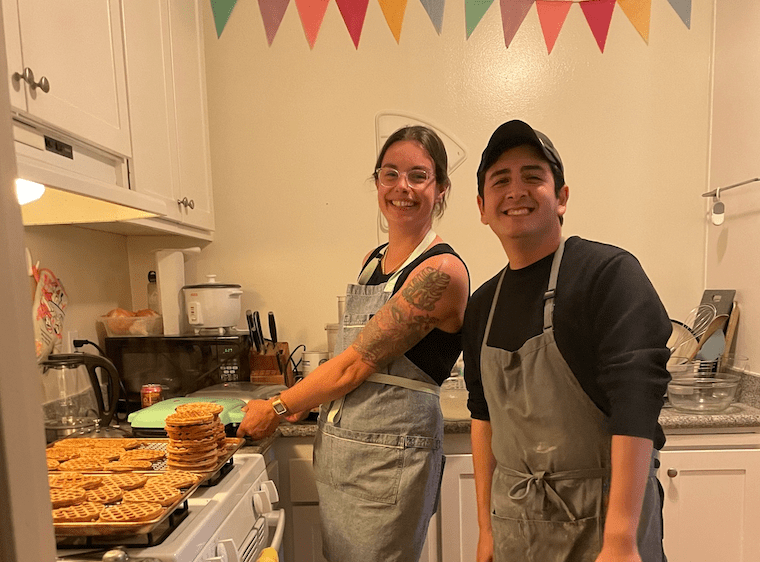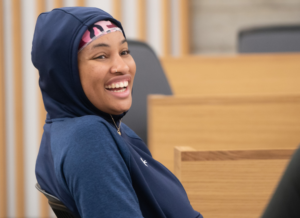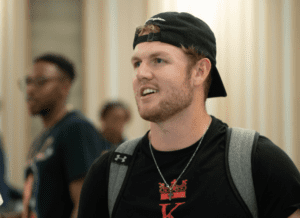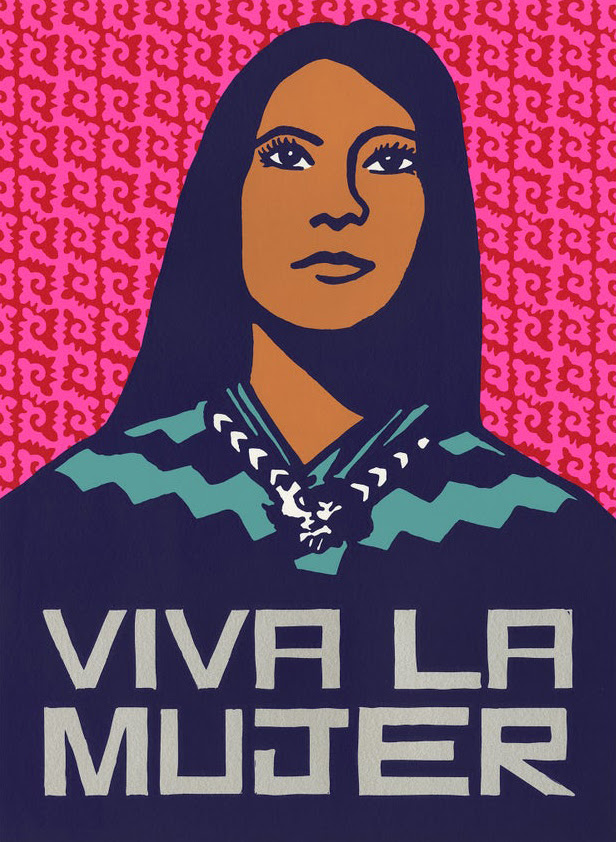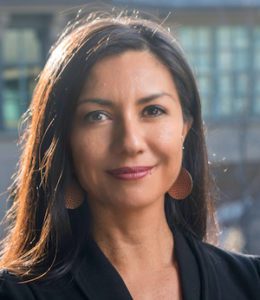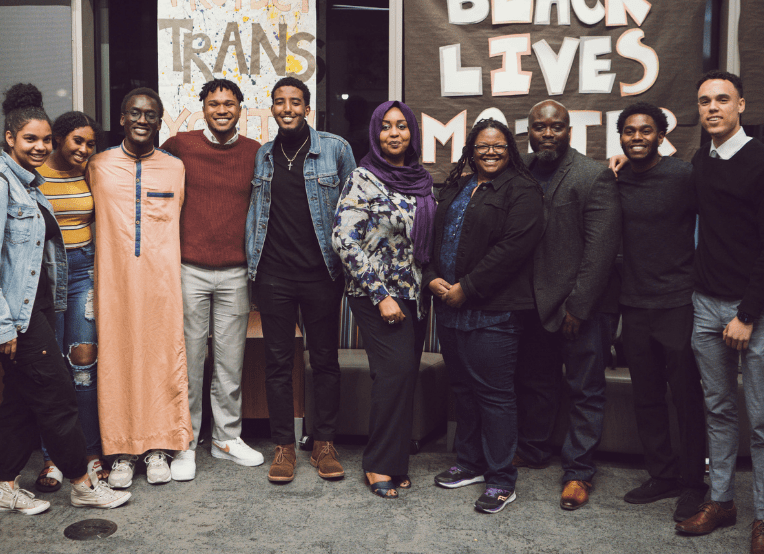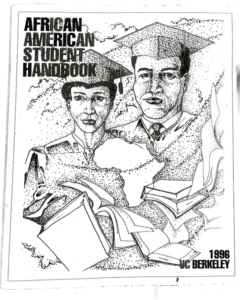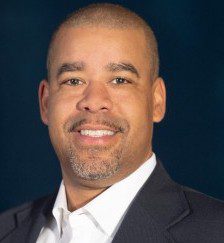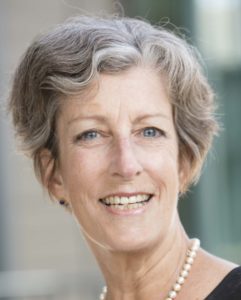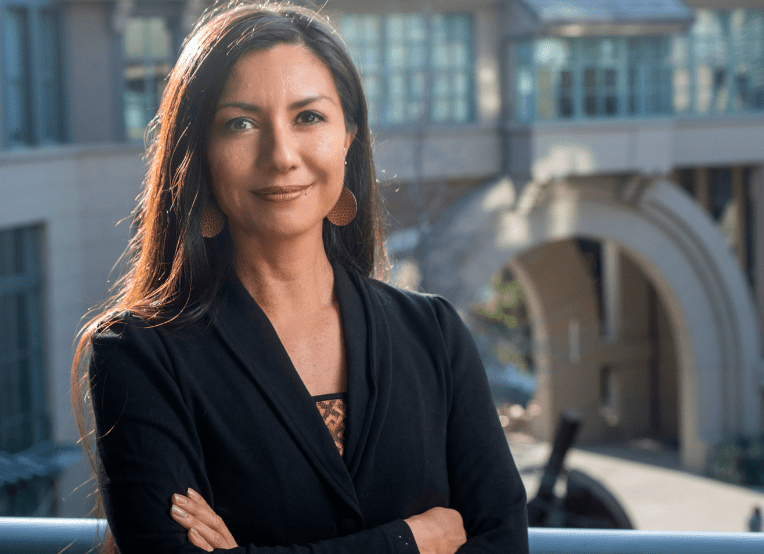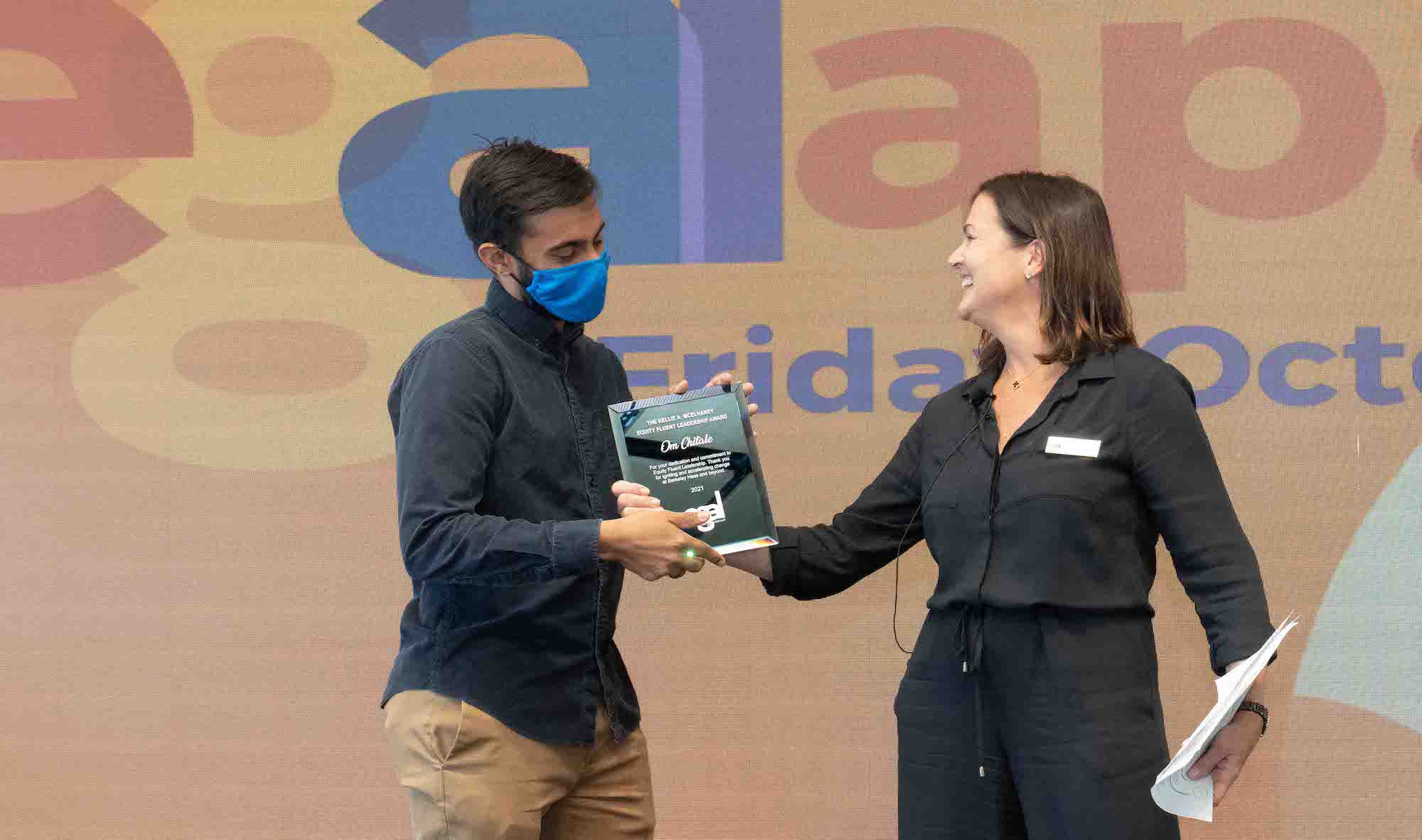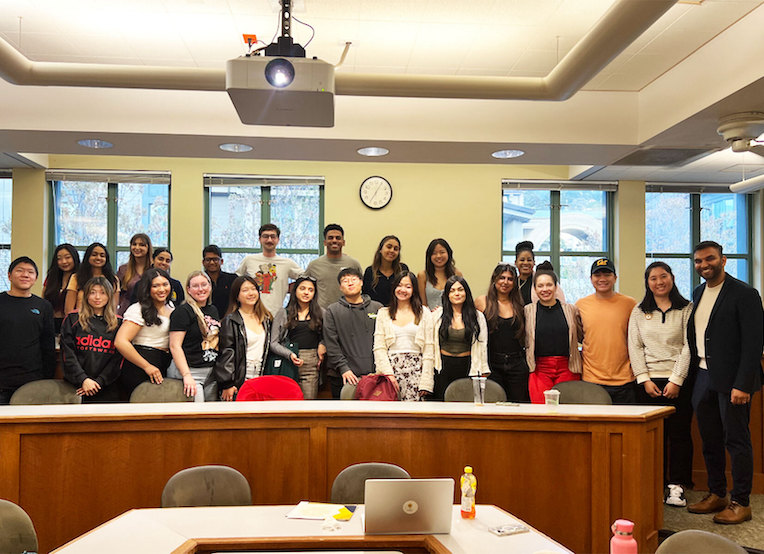
Julianna De Paula, BS 24, approaches life a little differently since she finished the new undergraduate Foundations of Resilient Leadership program at Berkeley Haas.
First, she pauses to think before having difficult conversations. She also takes time out to breathe—truly pay attention to the inhale and exhale—throughout the school day. She believes that both changes will help her as she gets ready to move to New York City to launch a career at L’Oreal this fall.
“There’s a lot going on with the war in Gaza and the protests and a lot of my friends are impacted by what’s going on in Palestine,” said De Paula, one of 30 students, largely Haas undergraduates, enrolled in the class. Being a more active listener helps guide her navigate the stress, she said.
These skills will also make her a more resilient leader, which is the heart of the new six-week certificate program founded by Tarun Galagali, CEO of startup Mandala. The program, also used to train employees at corporations like Microsoft, covers topics that range from having difficult conversations to navigating imposter syndrome to listening mindfully to understanding the meaning of values-based leadership.
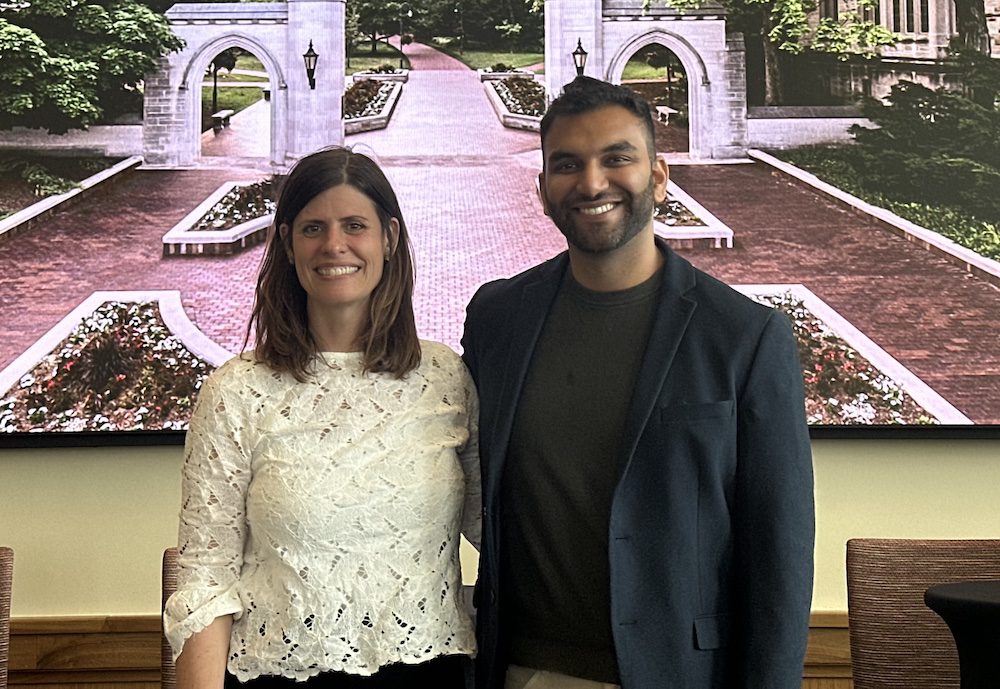
Galagali worked with Emma Daftary, assistant dean of the undergraduate programs, Lauren Simon, associate director of Student Life & Leadership Development for the undergraduate program, and Katrina Koski, director of inclusion and belonging at Haas, to launch the class at Haas this past spring. (Mandala is an ancient Sanskrit word that means circle—referring to community and connection.)
Developing “skills to navigate”
The program provides students an open space to discuss their struggles and challenges. In doing so, it normalizes feelings and experiences that can otherwise leave students feeling isolated and alone, Daftary said.
“It is our role as a business school to help shape and inform inclusive, resilient, effective leaders,” Daftary said. “We launched the program to provide our students with the skills to navigate situations that are personally and professionally triggering.” One catalyst for the program, among others, she said, was the turmoil on campus following the Hamas attacks in Israel on October 7, and the resulting war in Palestine. “We were meeting with students and they were reporting that they were having a really difficult time processing their grief while balancing the demands of their classes,” Daftary said. “They were feeling alone and disconnected.”
“It is our role as a business school to help shape and inform inclusive, resilient, effective leaders,” —Emma Daftary.
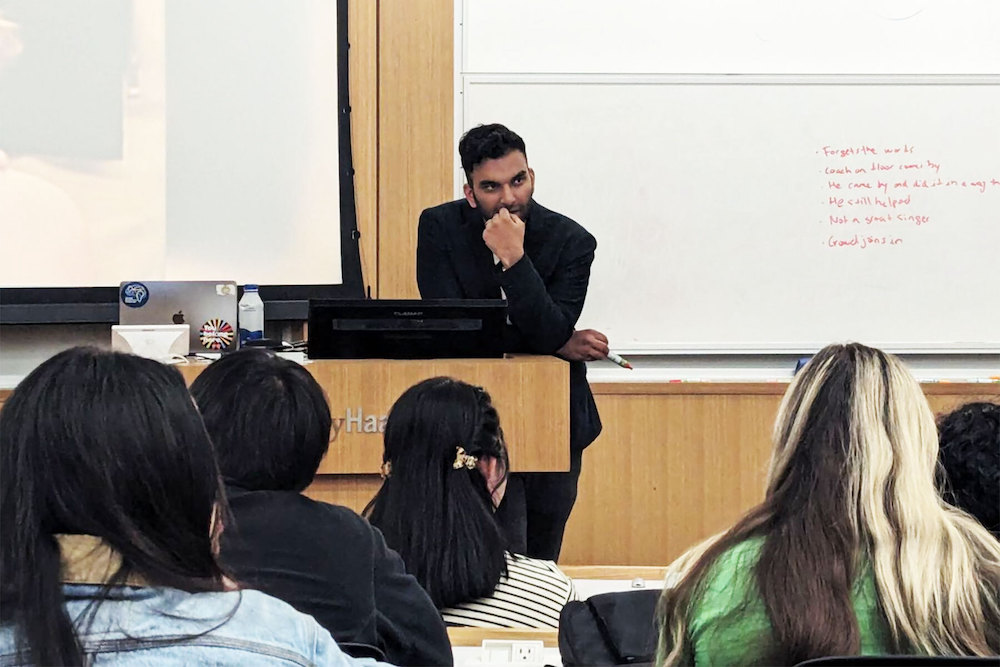
In class, Galagali starts by sharing his own story, beginning with his childhood as the son of Indian immigrants growing up in Cupertino, Ca. After earning a Harvard MBA, he worked as a product marketing and strategy lead at Google, a management consultant at EY Parthenon, as a director of strategy at online therapy platform Talkspace, and as as a senior political advisor to Congressman Ro Khanna. Under the surface of the names on his resume, he said, there are “glacier stories” of feeling isolated, inadequate, or not belonging at times.
“I share (my story) to show that there’s a story behind each of the resume logos and resilience embedded in them,” he said. There are positives to these stories, too, he said, as he used what learned about leadership and teamwork at Google and from his experience lobbying for mental health of kids in California to build out the Mandala program.
Balancing stress and anxiety
Coco Zhang, BA 26, who lives with and supports her single mother by working part-time jobs as a full-time student, said she often feels over-committed and burned out at Berkeley. What helped, she said, was learning that she was not alone. “Before I joined (Mandala) I thought I was one of the few who struggled a lot,” she said. “It helped to hear other students’ experiences and to know what they are doing to balance stress and anxiety. It motivates me to see what they have done to handle imposter syndrome and to learn some invaluable mental well-being concepts that have helped me to ground my true self to go beyond my boundaries and rise above the horizons.”
Jacob Williams, BS 24, who was part of the founding group that worked with Mandala to launch the program, said the principles explored have provided him with tools he has already deployed in daily life.
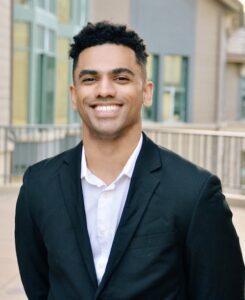
“I think this semester has been revolutionary for me” he said. Through the program, he said he has learned to “jump across domains,” and make new connections, such as connecting the dots between his cancer research and his DEI efforts, which has made his work a lot more meaningful. “On the first day of Mandala, Tarun explored the concept of an underlying glacier,” he said. “Among the many interpretations shared, the concept of a subconscious root to the way we think, behave, feel, and act really resonated with me. Realizing the deeper motivations behind my intuition and the ways I’ve chosen to govern has allowed me to communicate in a way which ultimately generates greater value, meaning, and impact for the people I work with and the public I’m honored to serve.”
A successful outcome
Galagali said the program is particularly relevant at a time when people are “quiet quitting” at work due to burnout. People lack critical things at work, he said, including psychological safety and a sense of belonging and connection.
Galagali said he would like to expand the Berkeley program, based on the success they’ve had so far: 88% of students who finished the program reported an increase in resilience; 94% of students reported reductions in burnout; and 100% felt the program improved their confidence in entering the workplace.
“A lot of this is a personal deep desire to create community,” he said, noting that students who have completed this program have reported that they are better able to show up for hard conversations, that they’ve learned something new to make them better at their job, and that they have more self awareness and awareness of others.
De Paula said she hopes the program will continue. “It was surprising to see so many Haas students opening up to each other,” she said. “Tarun is also very inspirational as a mentor, so I have only good things to say about the program.”
 At a time when the world—and especially the job market—is full of uncertainties, it can often seem impossible to rise above the challenges many women face, from the workplace to their personal lives.
At a time when the world—and especially the job market—is full of uncertainties, it can often seem impossible to rise above the challenges many women face, from the workplace to their personal lives. 